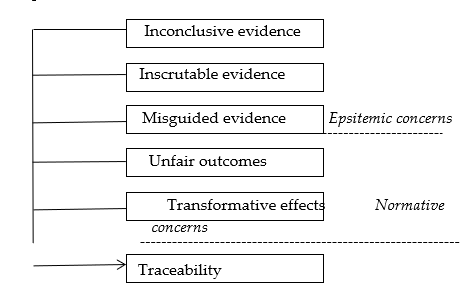Introduction to algorithmic ethics under a neutrosophic framework: Re-mapping the debate
Keywords:
Neutrosophic ethical integrity score; neutrosophic logic; algorithmic ethics; fairness; transparency; accountabilityAbstract
Algorithms have become an integral part of professional life and social interactions, in health, transport, commerce and industry. Moreover, they are bringing about changes in the natural, social and human sciences, enriching our knowledge and testing the limits of technology. In the age of artificial intelligence (AI), the ethical behavior of algorithms is facing increasing scrutiny. Traditional models that attempt to evaluate algorithm ethics using binary or probabilistic methods often fall short in addressing the complexity and uncertainties present in real-world situations. This study introduces a novel approach to assessing algorithmic ethics by utilizing neutrosophic indeterminacy. Neutrosophic logic, which considers three parameters - truth (T), falsity (F), and indeterminacy (I) - provides a robust framework for capturing the ambiguity and inconsistencies that arise in ethical decision-making processes. By utilizing this approach, we attempt to develop a method for measuring ethical ambiguity in algorithmic decision-making. By applying the proposed conceptual framework to an illustrative example we highlight the capacity of neutrosophic logic to capture and measure ethical uncertainties in a more comprehensive manner, thus offering a new tool for evaluating the ethical integrity of algorithms in complex environments.
Downloads

Downloads
Published
Issue
Section
License
Copyright (c) 2024 Neutrosophic Sets and Systems

This work is licensed under a Creative Commons Attribution 4.0 International License.


